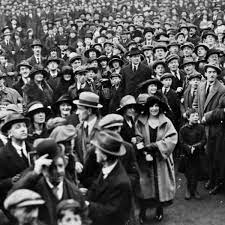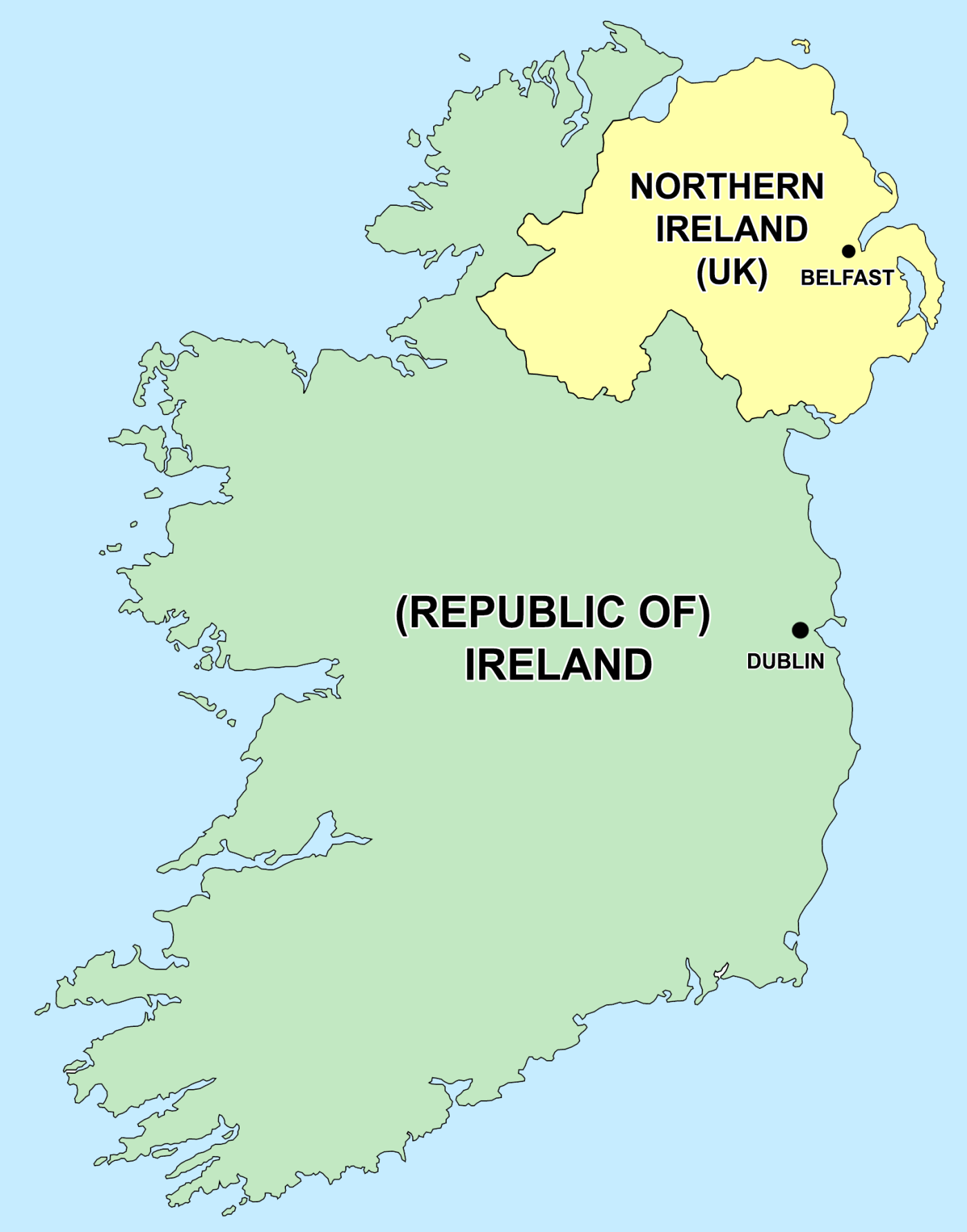
History is a bunch of events that lead to interpretation before landing on propaganda. I read a lot about Napoleon and recently came across another tome. This author was intent on dismissing Napoleon’s attributes, decrying his military and political success. Was it that the author had been in the British Army and started with the view propagated in British history teaching that Bonaparte was always the bad guy?
When we look at Irish history, and the outcome of the events leading up to partition, we reach the analysis that history supports my opinion stage very quickly. Nationalists are convinced that Northern Ireland was set up to facilitate discrimination, while ignoring that the then Free State was more entwined with Catholicism than Northern Ireland was with Protestantism, mainly due to the lack of a single denomination.
Unionists are led to believe that the South wanted autonomy so that they could lord it over the North, imposing laws that would result in them being the ones at the end of discrimination.
So what would have happened without partition? Would it all have settled down quickly? Would it have been a land free from sectarianism? Would it even have remained a democracy?
The context of this era is eye opening. Ian Kershaw’s book “To Hell and Back Europe 1914 -1949” is startling in its revelation and analysis. Europe was a basket case of insurrection and revolution. Ireland was only one piece on the chess board od disruption.
So what if all of Ireland becomes the Free State in 1922.
In the North there are thousands of men who would not accept the change in circumstances. Many had returned fully trained from WW1. There were arms available that were shipped in prior to 1914. They take up arms with a set of targets including the RIC, the Irish Army barracks, with a long term view to creating an independent North of Ireland.
The response from Dublin is immediate, recruiting thousands to the Army to fight for the new Ireland. Years of frustration are unlocked as there is a visible representation of the British rule that has kept them as second class citizens for generations. They are up for a fight.
The civil war, driven by sectarian hatred, nationality and years of anger in both communities runs for several years. During that time elections are suspended and the Dail is suspended. The government of Ireland is now by decree. Thousands of civilians have become refugees. The UK Government has tried to open talks but are seen as untrustworthy by both sides. Whose interests will they be supporting? The treaty or the insurgents who fought for them only four years previously?
In Great Britain the Labour Party is supporting the Irish Government while the Conservatives are behind the Unionists. Soon there is violence on the streets as the Communists see an opportunity to agitate against the government. In response an anti-Irish movement develops using the tactics of Fascist Italy.
Similar conflicts are happening across Europe. Rumania, Italy, Greece, Germany, Hungary and more are fighting to keep their new democracies, and in most cases unsuccessfully. Countries that had been part of European Empires in 1914 were not easily transitioning. Communists and the new hard right Fascists were central to the conflicts.
Meanwhile in Ireland there was dissent among the protagonists. Sinn Fein were being funded from Russia to keep the Communist flag flying, while Irish America was sending money and people to fight for a Catholic state. In the North the combatants were bedding in across county lines. Day to day there were attacks from both sides of the religious divide. There were few full scale encounters, with all the violence coming in ambushes and night time attacks.
By 1930 the conflict had settled into low level continuous violence. The area to the East of the Bann was demanding independence based on the League of Nations right to self determination. The economy was devastated, as the factories of Belfast had all but closed. Ireland had gone backwards to a poor agrarian economy.
Is this at all realistic?
It was happening all over Europe. The victors in WW1 had the idea that democracy was going to be easy to introduce. It wasn’t. The Spanish flu killed millions. Food shortages were common. The Left and Right sought advantage from people’s poverty. Kings and dictators were the order of the day. In the UK the rise of the Left saw the General Strike of 1926. The circumstances in Ireland were more likely to create a dictatorship than a democracy.
So was partition right or wrong?


Leave a comment